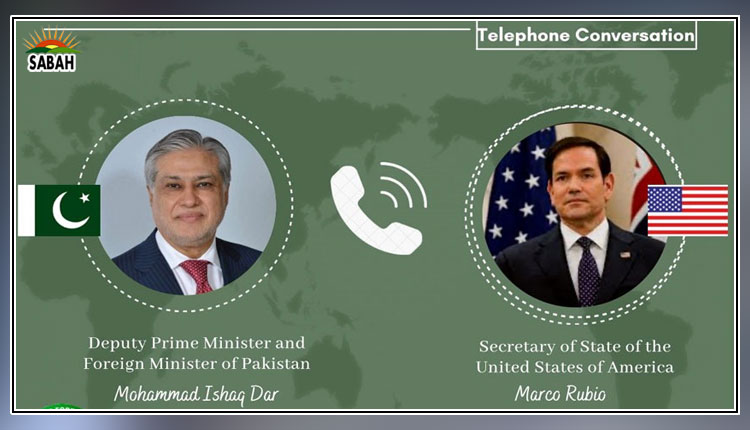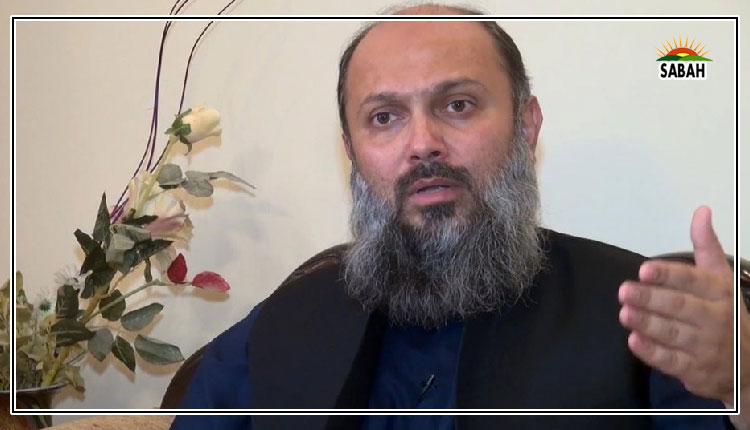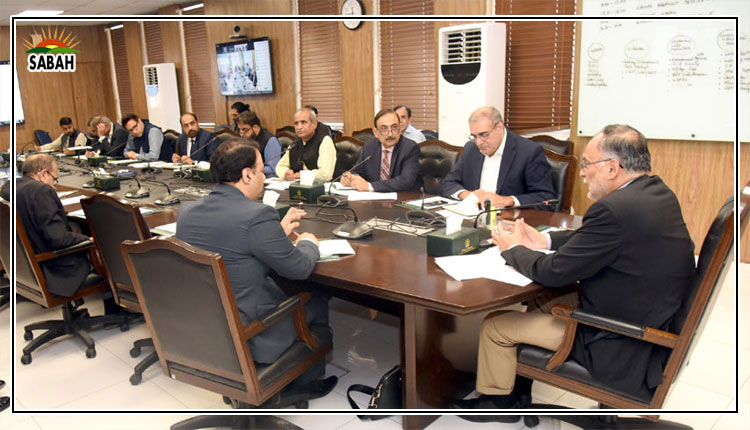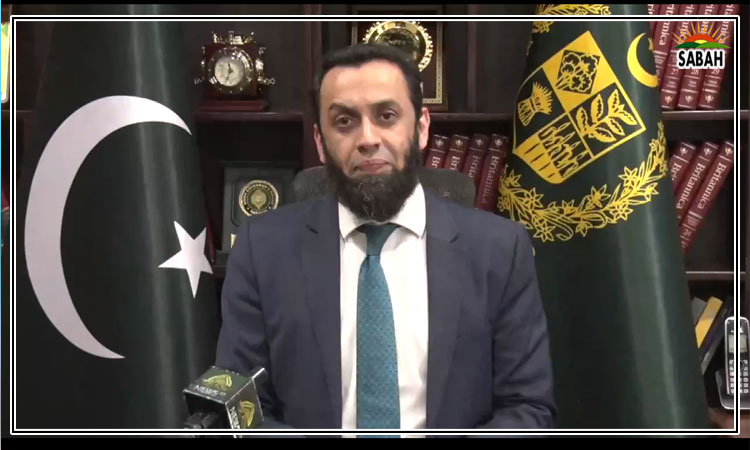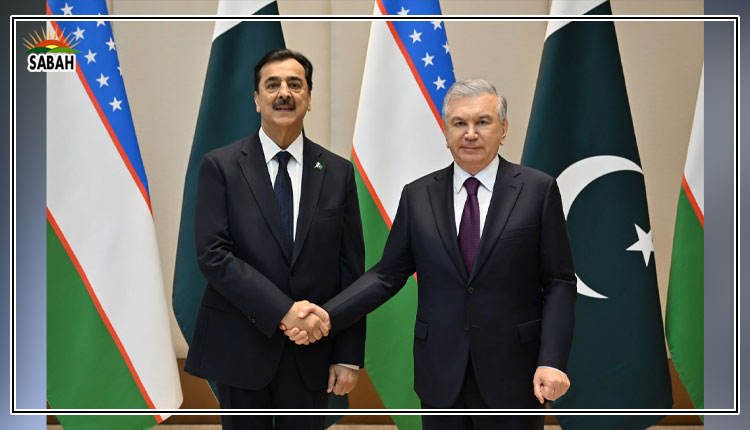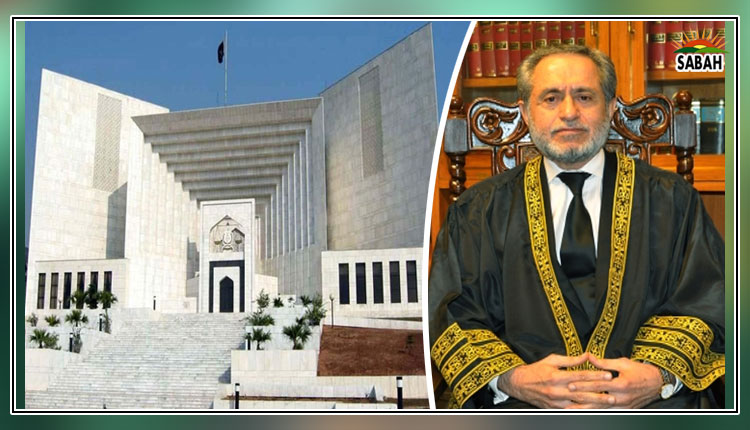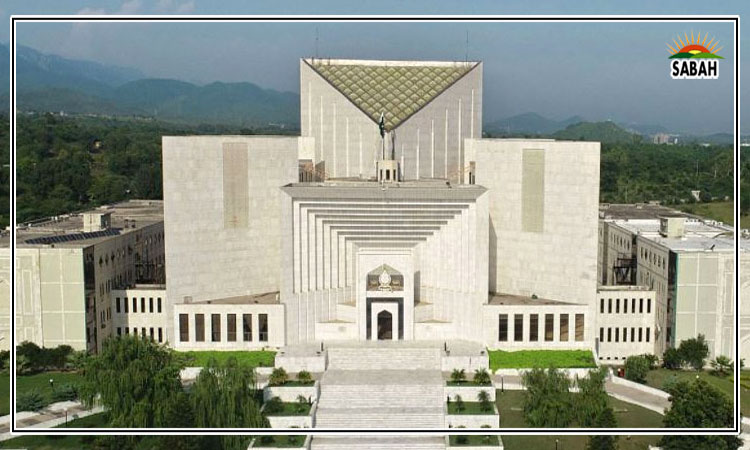Budgeting without people …. Arifa Noor
BUDGET time is here again, with unending discussions of money in amounts most of us cannot fathom. Numbers amounting to billions and arabs — not to be mistaken for the Saudi visitors we have been waiting for — will be thrown about, along with incomprehensible English phrases, such as ‘primary deficits’, ‘slippages’ and’ base charges’. It will make about as much sense to most of us as a conversation in a foreign language.
Indeed, even though the economy is a critical issue, discussions about it involve a select few who are not really interested in communicating with the people. Let me confess that I too number among not the economic experts but the clueless masses who cannot grasp the stuff that economies are made of, especially in the land of the pure.
Consider the state of the economy, which is more fragile than the civil-military relationship. Yet every political party, which has ruled in the recent past, claims to have brought it back from disaster and default. If this is success, I wonder what failure looks like.
Indeed, other than having a finance minister who says the IMF is unavoidable, little else has changed. The constants in terms of our ‘solutions’ have been around well after 2018. We continue to look for manna to drop from the heavens to bail us out. This manna, for as long as I can remember, continues to be an injection of foreign funds. If earlier it was in the shape of foreign aid and development for the troublesome part of the world we are located in, during the PTI’s times, it was going to be a sudden and miraculous increase in ‘exports’ once Ishaq Dar’s exchange rate policy had been consigned to the dustbin. But a couple of years of a punishing deterioration in the value of the currency and it dawned on many that exports couldn’t provide the miraculous solution. Then came the latest eureka moment — Pakistan needed foreign direct investment (FDI).
One waits with bated breath for this FDI dream to give way to something else.
With this latest mantra, we continue to look towards the sky where this FDI is supposed to magically appear. We do little to change the environment. It makes as much sense as that childhood memory of reciting “urran kabootar, pigeon fly, look dekho, aasmaan sky”. If I ain’t giggling at the memory it is because of the utility bills that turn up every month.
One waits with bated breath for this FDI dream to give way to something else. But in the meantime, it must be said that there is another change — other than the continuous upward journey of prices, that is. After the PTI’s Rachel-Ross relationship with the IMF and then Dar sahib’s game of Russian roulette, I suppose one should be grateful for a finance minister who indicates there is no choice but to gaze obediently into the IMF’s eyes and not blink — ever. He says all the right things, but it seems there’s no one to tell him that the average Pakistani has heard enough people say the right things about what needs to be done. The challenge is to find a way to convince the populace that the government is now serious.
Ideally, it should not be his headache but that of his ‘boss’. However, the challenge of reaching out to the people is compounded when the prime minister is, by his own and his party’s admission, in his position only because his brother didn’t want the job. The populace is not easily convinced when faced with the consolation prize winner, while the ‘real leader’ is not even willing to own the crisis. More importantly, for the likes of the less well versed, hope is an extinct animal because the government so far is repeating all the tricks from the PDM era even after having gotten rid of he-who-can’t-be-kept-away-from-finance.
My favourite has to be the latest idea, according to a report, where the government tried to convince the IMF to give a subsidy to industrialists by charging consumers more. The IMF didn’t agree, said the story. It was eerily reminiscent of a plan the PDM government came up with last year when they promised to charge those with motorbikes a lower rate for petrol by having a higher one for those who drove to the petrol station in a car. I can’t remember if the IMF turned it down or the government went home before they could implement it but both these plans remind me of the time Amitabh Bachchan played the role of a magician in back-to-back films. Both films flopped.
It seems as if no one has any solutions to the power sector crisis. Prices only keep rising to the point where the people are crushed or hit the streets, while the government harps on about ‘difficult’ decisions — serious words that convince no one outside air-conditioned drawing rooms where the cooling is done on public money.
It is easier to discuss ‘difficult’ decisions in air-conditioned drawing rooms. It is hard work to implement them — such as bringing traders into the tax net, a move which in its latest reincarnation first appeared in news stories during the caretaker set-up. Remember the unelected government, which feared no political backlash, yet did little other than raising utility bills? The traders remained untaxed during their six months of ‘good governance’ as now. But for saying this, I will end up with a slap on the wrist for my cynicism and be told to wait for the budget.
I will. But in the meantime, let me say that my favourite story about the economy remains the assertion that it has stabilised. Which appears akin to someone putting on a corset, holding one’s breath and then claiming: ‘Hey! I just lost a bunch of weight.’ Only one’s best friend would agree, because that is what best friends sign up for. But then, what do I know of the economy? I can only crack silly jokes about weight loss.
The writer is a journalist.
Courtesy Dawn, May 21st, 2024


